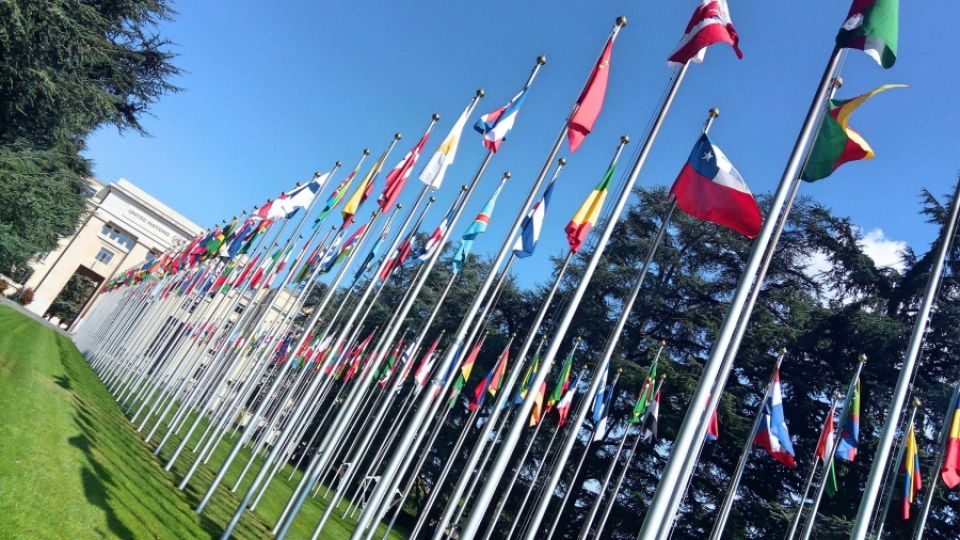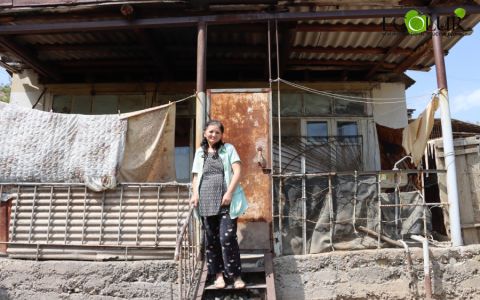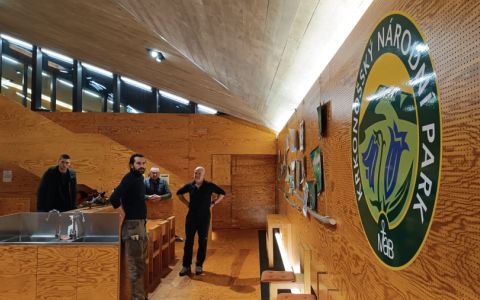Bridging the growing public mistrust towards politicians and reinforcing the direct influence of people regarding important decisions. Those are goals of new rules for public participation in decision-making on public affairs, which are created by the Human Rights Committee of the United Nations. The Czech Republic is one of the initiators and process leaders. In the end, people around the world should have more opportunities to take part in decisions of civic interest, such as public budgets, strategies for developing countries and cities, transport, education - on agendas that are nowadays often being created behind the closed doors of authorities. Participating in every-four-years elections is simply not enough.
“In 1998, the so-called Aarhus Convention allowed direct public involvement in decision-making. But it only applies to environmental issues and only in Europe and former Soviet Union. However, in the majority of the world's countries, decision-making processes are closed,” says Martin Skalský from the Arnika, who has just returned from the latest UN consultation in Geneva.
“The experience of the past twenty years has shown that public participation in decision-making helps prevent corruption, reduce mistakes of the authorities, helps to find compromises, and leads to higher quality decisions. We know of hundreds of cases where people have helped improve the quality of life in their town or village or prevented unnecessary damage to the environment,” he adds.
The recently created rules are based on the International Covenant on Civil and Political Rights that came into force in 1966 and which follows the Universal Declaration of Human Rights. The initiator of the process is a group of five states with the Czech Republic among them. Consultations with experts, academics and non-governmental organizations have already taken place in the presence of state representatives in Africa, America, and Asia. The fate of the proposal, which will be prepared by the Office of the High Commissioner for Human Rights in the summer, will be discussed by the governments representatives in September.
More informations: Guidelines on the effective implementation of the right to participate in public affairs.







